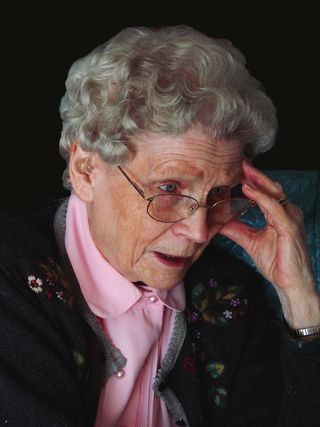 There is an expression among elder law attorneys called being "elderproofed," according to the Huffington Post in "Writing an Eldercare Plan." This takes planning to the next level, and includes things like how the person wises to be cared for, medical treatment preferences, whether they want to be cared for at home or in a facility, and more. These cover the day-to-day decisions to ensure that desires are followed once a person is unable to make those decisions known.
There is an expression among elder law attorneys called being "elderproofed," according to the Huffington Post in "Writing an Eldercare Plan." This takes planning to the next level, and includes things like how the person wises to be cared for, medical treatment preferences, whether they want to be cared for at home or in a facility, and more. These cover the day-to-day decisions to ensure that desires are followed once a person is unable to make those decisions known.
It's very important for seniors and their loved ones to discuss a care plan for the future before disease or dementia come into play, or a crisis causes eldercare services to become urgently needed. Get the plan drafted while the senior is still fully cognizant and rational. They can be signed when other end-of-life documents are put in place.
In truth, everyone wins with early discussions. When the patient is involved in the decisions for his or her potential care, the family has a better understanding of their preferences and are prepared for tough questions.
 Houston Estate Planning and Elder Law Attorney Blog
Houston Estate Planning and Elder Law Attorney Blog






